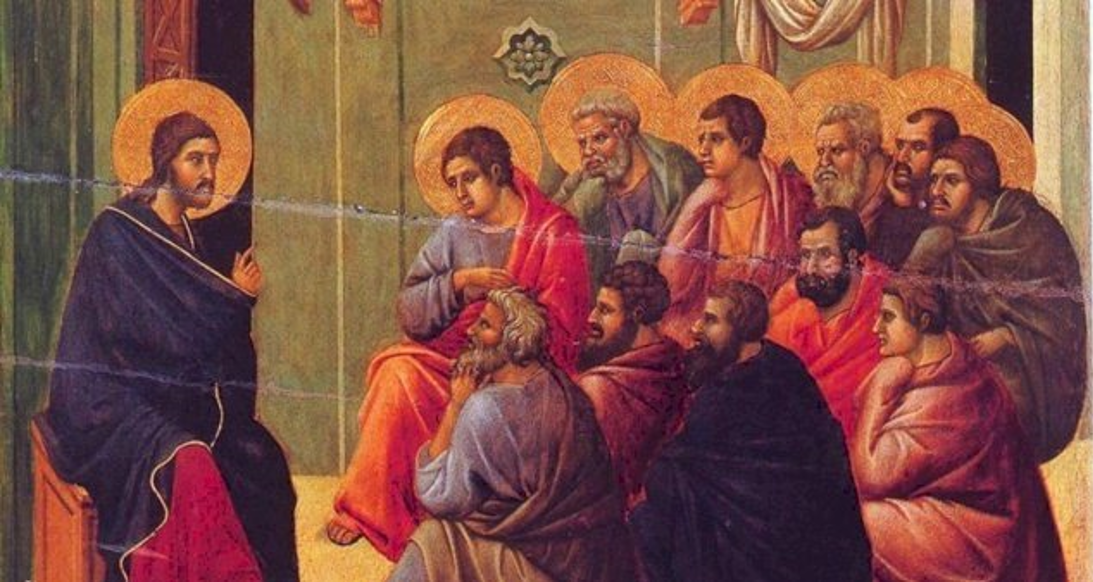Meditation of His Beatitude Patriarch Pierbattista Pizzaballa on the Fifth Sunday of Easter, Year A
Below you can find the Meditation of His Beatitude Patriarch Pierbattista Pizzaballa, Latin Patriarch of Jerusalem, on the Fifth Sunday of Easter, Year A, on Sunday 7 May 2023.
Jn 14:1-12
The Gospel passage that we read on this Fifth Sunday of Easter (Jn 14:1-12) opens with a long discourse by Jesus, which is described as a “farewell discourse”. It comes after the account of the Last Supper and Jesus is speaking to His disciples about the meaning of His approaching death, His departure.
To get into the heart of this discourse, I would first like to begin with a general reflection on the experience of mourning: when we face the suffering following the death of a loved one, we need time to process this event. And I think that two moments are necessary: the first is more marked by pain, by emptiness, by a sense of loss, so the question that arises concerns how to live in this suffering without being crushed by it. The second, however, comes after and concerns how to live the time that unfolds from that loss, absence. And it entails a new modification of our identity: what does the absence of the deceased unfold anew for me, what does it entail? What does it generate, what does it promise?
Chapters 14-17 of the Gospel of John, which we begin to read today, can also be interpreted starting from this experience.
Jesus is leaving the disciples to return to the Father: so, what will become of them? Who will they be without Him? What will they do?
Not only does Jesus respond to these questions, but He attempts to teach His disciples a new way of thinking; to teach them that, from now on, a new style of reasoning, of seeing life, of being aware of the way He will be present will be a necessity.
The mark of the necessity of this passage is found precisely in the verses that we have read, as well as in the following ones, where we see, instead, that the disciples do not understand: it is the objection of Thomas (v.5: “Thomas said to Him: “Lord, we do not know where you are going; how can we know the way?”), and then that of Philip (v.8: “Philip said to Him: “Lord, show us the Father and that will be enough for us”) to indicate how far the thought of the disciples is still from that of Jesus.
And the first thing Jesus says is to not be afraid, not to be disturbed. Fear is the mark of the old man, of man alone, who must save himself by his own strength, of the man who still does not live in a relationship that is the foundation of his existence.
Instead, you can no longer be afraid. How?
The departure of Jesus inaugurates a new time when the relationship with Him is not only uninterrupted but, on the contrary, is brought to its perfection, to its fulfillment…
This Meditation was originally published on the website of the Latin Patriarchate of Jerusalem. Please click here to read the full text.

